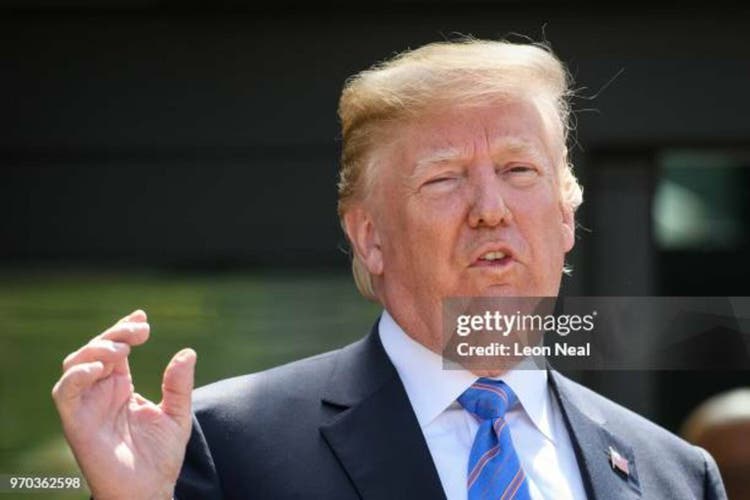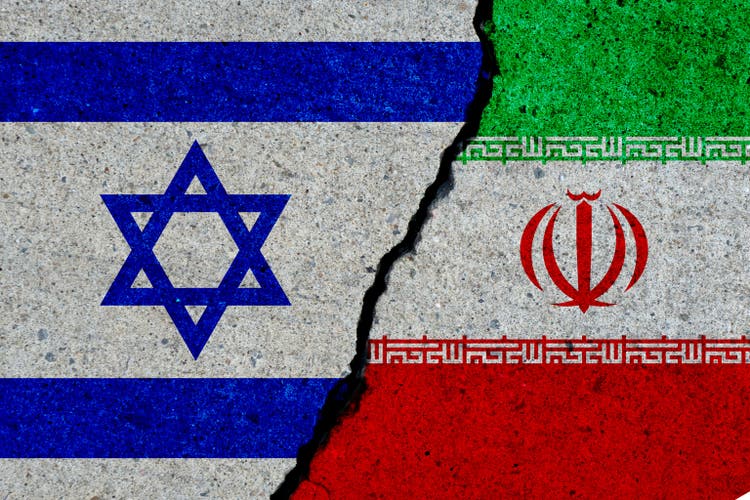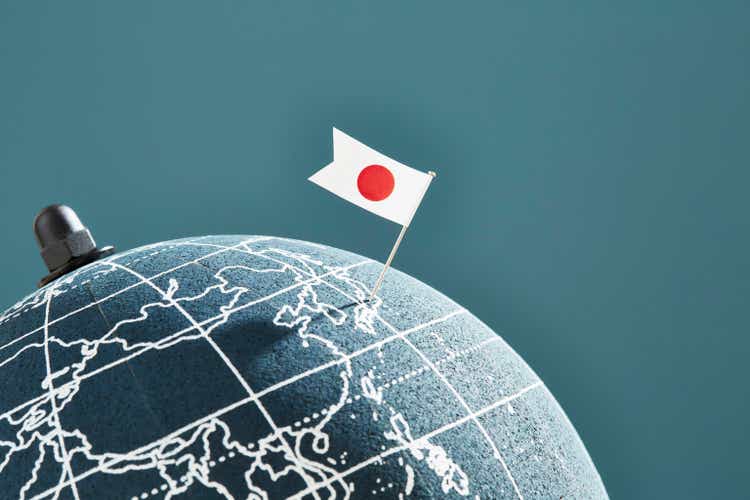In a dramatic turn of global diplomacy, US President Donald Trump abruptly left the Group of Seven (G7) summit in Canada on Monday, as tensions between Israel and Iran intensified for the fifth consecutive day. The White House confirmed that Trump departed a day early to address the escalating crisis in the Middle East, with reports suggesting he will convene his National Security Council.
The conflict, which began with Israel launching an aerial bombardment campaign against Iran four days ago, has now entered a dangerous phase. Trump warned on Monday, “Everyone should immediately evacuate Tehran!”, citing Iran’s failure to engage in negotiations over its nuclear programme.
Trump blames Iran for failed nuclear talks
At the summit, which was aimed at addressing multiple global challenges including the wars in Ukraine and Gaza, Trump signalled a sharp departure from multilateral engagement. “They have to make a deal,” he said, asserting that Iranian leaders had 60 days to reach an agreement but did not do so before the Israeli strikes began. “I don’t want to talk about that,” he responded when asked about possible US military involvement.
So far, Israeli airstrikes have targeted several Iranian nuclear programme sites but have reportedly been unable to destroy the heavily fortified Fordo uranium enrichment facility. Analysts suggest that only the US-made GBU-57 Massive Ordnance Penetrator, typically delivered by the B-2 stealth bomber, could neutralise the deeply buried target — a capability Israel currently lacks.
European leaders push for de-escalation
The crisis overshadowed the G7 discussions, with world leaders including British Prime Minister Keir Starmer, French President Emmanuel Macron, Italian Premier Giorgia Meloni, and German Chancellor Friedrich Merz holding urgent talks on Sunday evening to discuss the implications of the Israel-Iran conflict. Merz later said Germany would prepare a communique stressing that “Iran must under no circumstances be allowed to acquire nuclear weapons-capable material.”
Canadian Prime Minister Mark Carney, who hosted the summit in Kananaskis, said, “I am very grateful for the president’s presence and I fully understand,” in response to Trump’s sudden departure.
US signals shift from isolationist stance
As Trump posed for photos with other G7 leaders, he remarked, “I have to be back, very important.” His early exit comes amid rising global concerns about a wider conflict in the Middle East and ongoing uncertainty in global markets, already rattled by US tariffs and stalled peace efforts elsewhere.
Despite his past inclination towards an isolationist foreign policy, Trump appeared to signal a shift. “Iran is not winning this war. And they should talk and they should talk immediately before it’s too late,” he said, emphasising a hardline stance that appears increasingly at odds with the more measured, diplomatic approach preferred by other G7 members.

 4 hours ago
1
4 hours ago
1


















 English (US) ·
English (US) ·